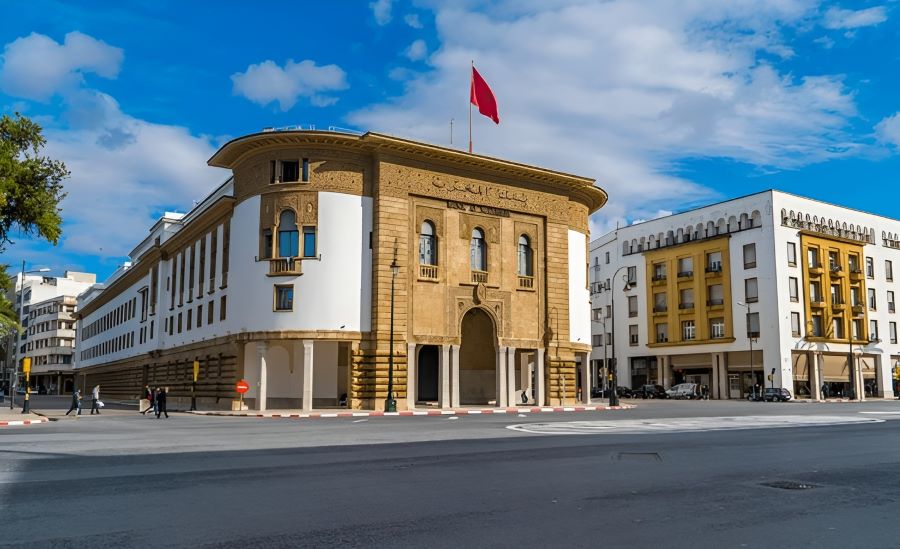Morocco’s central bank, Bank Al-Maghrib, is actively exploring the implementation of a central bank digital currency (CBDC) to enhance peer-to-peer and cross-border payment systems. Governor Abdellatif Jouahri announced this initiative, emphasizing the potential of a CBDC to modernize the financial infrastructure and promote financial inclusion.
Unlike decentralized cryptocurrencies, which have been banned in Morocco since 2017 but continue to be used clandestinely, a CBDC would be fully controlled by the central bank, ensuring regulatory oversight and stability.
In addition to domestic considerations, Bank Al-Maghrib is collaborating with international institutions, including the International Monetary Fund (IMF) and the World Bank, to assess the broader implications of a CBDC on the payment system. This collaboration aims to understand how a digital currency could impact financial stability and efficiency. Furthermore, Morocco’s central bank is partnering with Egypt’s central bank and the World Bank to explore the use of a CBDC for cross-border transfers, potentially streamlining remittance processes and reducing transaction costs.
The move towards a CBDC aligns with Morocco’s broader efforts to regulate digital assets. In November 2024, Governor Jouahri announced that the central bank had prepared a draft law regulating crypto assets, which was undergoing the adoption process. This regulatory framework aims to provide oversight and structure to the country’s burgeoning crypto sector, acknowledging the growing public interest in digital assets despite the initial ban.
The exploration of a CBDC also reflects Morocco’s commitment to enhancing financial inclusion. By leveraging digital currency, the central bank aims to extend banking services to underbanked communities, thereby promoting greater economic participation. This initiative is part of a broader trend in Africa, where central banks are increasingly considering digital currencies to modernize financial systems and improve cross-border payment efficiency.
While the adoption of a CBDC presents opportunities for modernization and inclusion, it also raises challenges. The central bank acknowledges the need for ongoing dialogue to address the complexities associated with digital currencies, including potential impacts on financial stability, data privacy, and cybersecurity. As Morocco continues to explore this digital frontier, it remains committed to ensuring that any implementation aligns with public policy objectives and safeguards the integrity of the financial system.












Why not just stick to traditional currencies for cross-border payments? Is digital really necessary? Lets discuss!
I wonder if this digital currency will make it easier for tourists to pay in Morocco. What do you think?
I wonder if this digital currency will make traveling to Morocco easier or more complicated. Exciting times ahead!
Do you think Moroccos digital currency initiative will revolutionize cross-border payments or face challenges? Exciting times ahead!
I wonder if this digital currency will make traveling to Morocco easier or more complicated. Exciting times ahead!